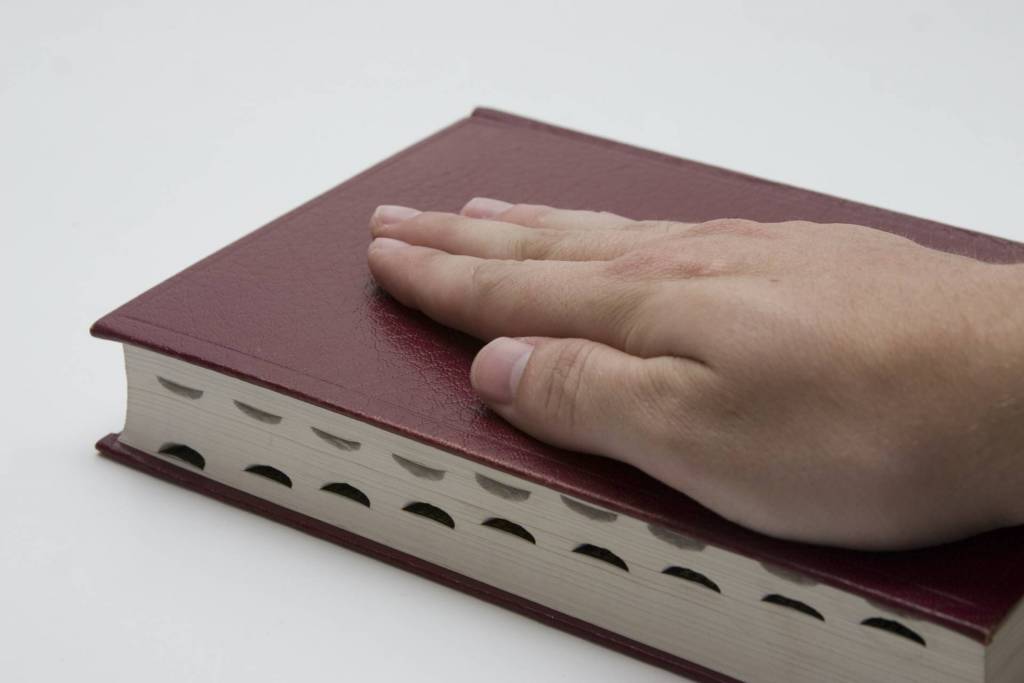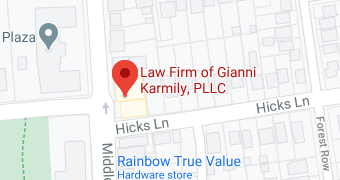If you’re placed under arrest and charged with burglary on Long Island or in New York City, you will need the advice and services of a Nassau County criminal defense attorney, and you will need to contact that attorney as quickly as possible after you’ve been arrested.
How is burglary defined in New York? What penalties may be imposed for a burglary conviction? What are your rights if you face a burglary accusation? If you’ll keep reading, these questions will be answered in this brief discussion of the burglary laws in New York.
Burglary is often linked to theft, but it’s not necessary to commit theft in order to face a burglary charge. In this state, the crime of burglary is separate and distinct from any crime that someone may commit after entering a building unlawfully with the intent to commit a second crime.
What is New York’s Definition of Burglary?
In New York, burglary happens when someone enters a building illegally with the intent to commit a crime. Once this person has entered the building, burglary has been committed. It does not matter if the person in fact commits or attempts to commit a crime within the building.
For purposes of the burglary law, New York defines the word “building” to include any structure, vehicle, or watercraft “used for overnight lodging of persons, or used by persons for carrying on business therein.”
“Entering” is defined as having any part of the body inside the building, so if someone reaches through a window to steal something, that person is legally entering the building. An entry into a building does not have to be “breaking and entering” to constitute burglary.
However, if you enter a building legally but remain in the building illegally – let’s say that you hide in a department store after it closes in order to steal items from the store – that also constitutes burglary in New York.
What are the Charges and Penalties for Burglary Crimes in New York?
New York recognizes three “degrees” of burglary, but every burglary in New York is considered a felony. Third-degree burglary happens when someone illegally enters a building with the intent to commit a felony or a misdemeanor.
Burglary in the third degree is a Class D felony that may be penalized upon conviction with up to seven years in prison and a fine of up to $5,000, but the crime becomes second-degree burglary if any of these elements were present:
- The building that the suspect entered was a dwelling.
- The suspect was armed with explosives or a deadly weapon.
- The suspect injured someone who did not take part in the crime.
- The suspect appeared to display or brandish a firearm.
Burglary in the second degree is a Class C felony that may be penalized upon conviction with up to fifteen years in state prison and a fine of up to $5,000.
What Constitutes First-Degree Burglary?
If the building that a burglary suspect entered was a dwelling, and if any one of the other three conditions listed above for second-degree burglary were also present, the crime will be charged as a first-degree burglary.
Burglary in the first degree is a Class B felony that may be penalized after a conviction with up to twenty-five years in state prison and a fine of up to $5,000. However, several factors may affect the sentencing for a burglary conviction.
What Other Penalties May Be Imposed for Burglary Convictions?
New York’s sentencing laws can be complicated. Anyone who has been convicted of a violent felony within the previous ten years may receive more prison time, additional penalties, and/or higher fines for a burglary conviction.
If there are two or more felony convictions in a burglary offender’s criminal history, he or she may be sentenced as a persistent felony offender and face the possibility of life in prison.
On top of the considerable legal penalties, anyone convicted of burglary in New York also faces extra-legal penalties. A burglary conviction creates a criminal record and may make keeping your job – or finding a job – difficult or impossible.
If you hold a professional license in New York, a burglary conviction may trigger disciplinary action by your professional licensing board. If you are not a U.S. citizen in New York, a burglary conviction puts you at risk for deportation.
How Will Your Attorney Defend You Against a Burglary Charge
If you face a burglary charge, your Long Island criminal defense attorney may seek to have the charge dropped or reduced by the state. If a burglary charge against you cannot be dropped and cannot be reduced, you have the right to a trial by jury.
Depending on the details in your burglary case, a good lawyer maybe able to present one of these defenses on your behalf:
- You entered a building but had no criminal intent. If the state cannot prove that you had criminal intent, the burglary charge may be dismissed or reduced to misdemeanor criminal trespass.
- If a building is open to the general public – a hospital or a restaurant, for example – and you commit a crime after entering the building, the entry does not constitute burglary.
- You were misidentified and another person committed the crime, or no burglary happened at all, and you are the target of a false accusation.
- The building you entered appeared abandoned, so a burglary charge does not apply. Even if a property has a legal owner, the court may declare that the property is “abandoned” if it was not maintained or if taxes or mortgage payments had not been made.
When Should You Contact a Defense Lawyer?
If you’re arrested and charged with a burglary on Long Island or in New York City, contact a New York criminal defense lawyer immediately. After reviewing the details of the charge, your lawyer will develop an appropriate defense strategy and fight for justice on your behalf.
Do not try to act as your own attorney if you are charged with burglary in New York. Anything you say, even in your own defense, could be used against you. Instead, exercise your right to remain silent, and insist – politely – to speak to your lawyer.
The right Nassau County criminal defense attorney will explain your options, protect your rights, and fight aggressively and effectively to bring your burglary case to its best possible conclusion.
To schedule a confidential case evaluation with the Law Firm of Gianni Karmily, PLLC, call our Great Neck office at (516) 630-3405 or our Hempstead office at (516) 614-4228.













